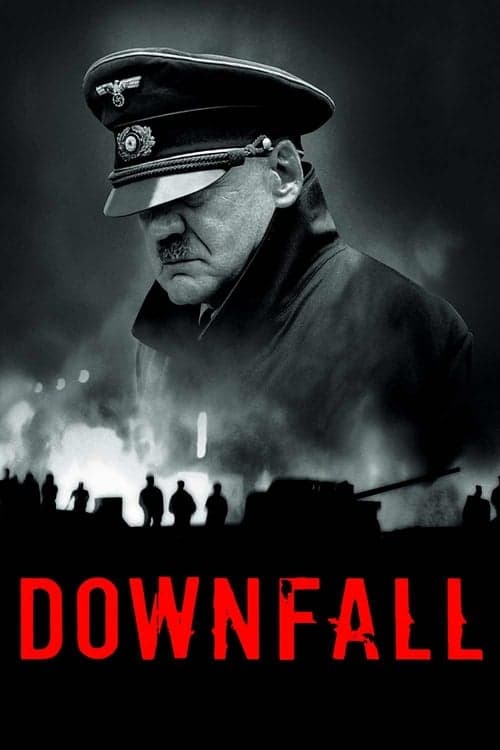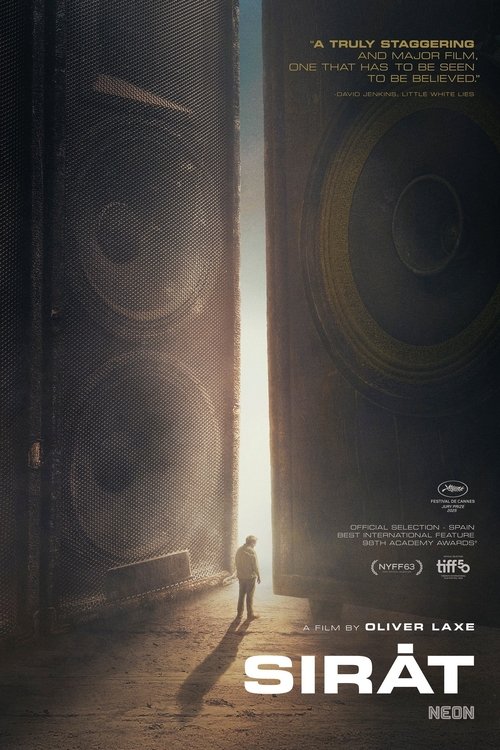When 'Downfall' hit theaters back in 2004, it did more than just recount the final days of one of history's most notorious figures; it brought viewers uncomfortably close to the human faces behind a regime that's been synonymously linked with evil. Directed by Oliver Hirschbiegel, the film is a fascinating exploration of Adolf Hitler's last days, tucked away in his bunker as the Third Reich crumbled around him. But what makes it stand out isn't just its historical setting; it's the way it chooses to tell this well-trodden story.
At its core, 'Downfall' is about people trapped not just by the physical confines of a bunker but by the ideology they’ve been ensnared in. The movie doesn't just focus on Hitler, played chillingly by Bruno Ganz in what could easily be considered the role of his career, but also on the people surrounding him: his secretaries, officers, and even children. This ensemble cast brings a breadth of perspectives, showing viewers the complexities and, often, the mundanity of evil.
What's truly captivating about 'Downfall' is how it's shot. Hirschbiegel and his cinematographer, Rainer Klausmann, use a claustrophobic lens to bring the audience right into the heart of the bunker. The tight, often oppressive framing mirrors the characters' feeling of entrapment. But the director’s approach goes beyond just physical spaces. The film is meticulous in its historical accuracy, from the set design to the costumes, yet it’s the emotional truth that Hirschbiegel seeks to excavate. Through painstakingly detailed scenes, the director nudges viewers to look beyond the surface, asking them to consider the humanity of these individuals, however flawed or monstrous.
This approach is not without its controversies. By choosing to humanize its subjects, 'Downfall' sparked debates about the portrayal of Nazis on screen. Yet, it's in this uncomfortable space that the film finds its power. It challenges us to question the nature of evil, to recognize the capacity for darkness within all humans. This doesn't mean the film sympathizes with its subjects, far from it. Instead, it presents a more challenging narrative: that evil is not always committed by caricatures of villains, but often by ordinary people caught in extraordinary circumstances.
So, why does this matter? In a world where the past feels increasingly like a foreign country, 'Downfall' serves as a stark reminder of where blind ideology can lead. It forces us to confront our own potential for complicity and to reflect on the importance of vigilance in the face of authoritarianism. This is why the film remains relevant, and perhaps necessary, viewing. It's a piece of cinema that doesn't just recount history; it invites us to learn from it.
Who should watch 'Downfall'? Honestly, anyone with a keen interest in history, moral dilemmas, or the art of cinema itself would find it compelling. It's not an easy watch, but it's an important one. Whether you're a film buff keen on dissecting the nuances of Hirschbiegel's direction or someone interested in the psychological portrait of one of history's most infamous figures, there's something here for you. More than a simple retelling of historical events, 'Downfall' is a film that asks its viewers to engage, to question, and ultimately, to understand a little more about the human condition. In a world quick to judge and slow to understand, maybe that’s something we all need a bit more of.
🎬🎬 Discover More World Cinema
Continue your cinematic journey with these handpicked selections



